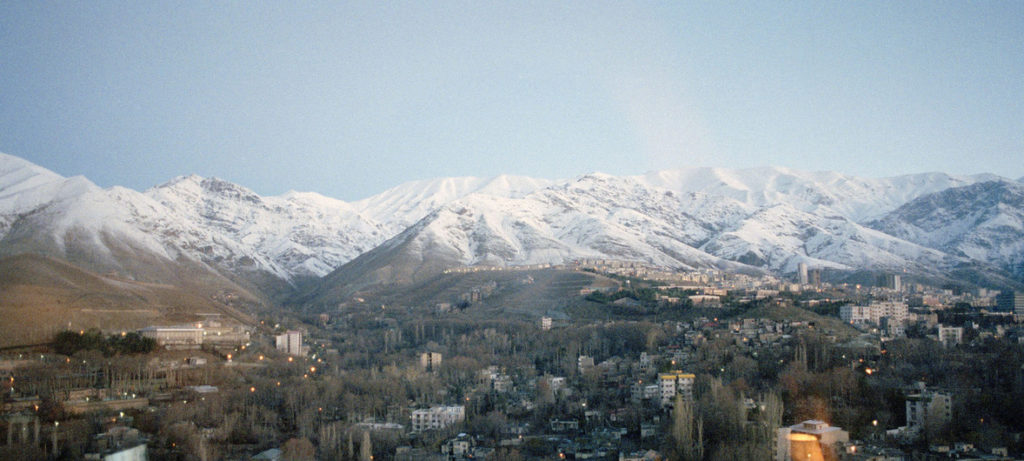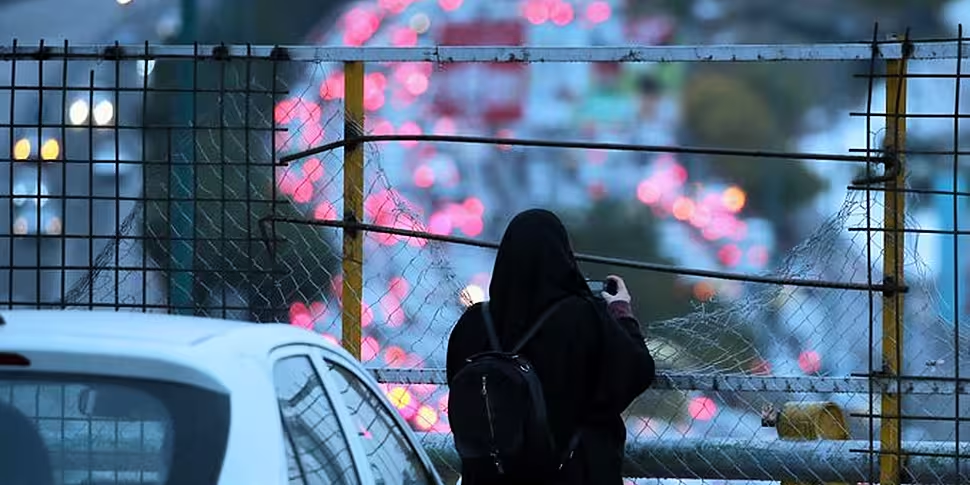The United Nations has critised an internet blackout in Iran, amid protests over an increase in petrol prices.
It said reports of killed and maimed demonstrators, and a continuing nationwide internet shutdown, are of "grave concern".
It has called on the government and authorities there to ensure rights of expression and opinion are protected.
A UN group of independent experts said: "We are deeply concerned at reports of killings and injuries, and that the authorities may have used excessive force against those participating in the protests".
They also referenced the International Covenant on Civil and Political Rights, as setting the standard for the legitimate use of force, as being only when "strictly unavoidable".
Since last Friday, demonstrators have taken to the streets in some 40 towns and cities across the country.
They are protesting a 50% hike in fuel prices, and the imposition of tight petrol restrictions.
The UN Human Rights Council-appointed special rapporteurs noted "credible reports" that as many as 106 people have been killed, and as many as 1,000 arrested.
However news reports suggest the figures could be higher.
 A view of Tehran, Iran in December 1997 | Image: UN Photo/Milton Grant
A view of Tehran, Iran in December 1997 | Image: UN Photo/Milton GrantDozens of protesters have reportedly been killed by live ammunition fired by security forces.
Exact details have been made hard to verify because of a government clampdown on internet connectivity that began late Saturday.
"We remind the government of its obligations under the covenant, and call upon the authorities to ensure that the rights to freedom of opinion and expression, as well as freedom of peaceful assembly and association, are respected and protected", the UN experts said.
"A country-wide network shutdown of this kind clearly has a political purpose: to suppress the right of Iranians to access information and to communicate at a time of rising protest.
"Such an illegitimate step deprives Iranians not only of a fundamental freedom but also basic access to essential services".
The group also called on those participating in the protests to do so peacefully.
Demonstrations have come on the back of a worsening economic situation in Iran, which the expert group called the result of "economic mismanagement and corruption, as well as the re-imposition of sanctions in 2019".
It said these are factors which have had "a significant negative impact on the economic and social rights of everyday Iranians".
Sanctions imposed by the United States are among the "serious economic challenges gripping the country," despite its plentiful oil and gas reserves.
The UN human rights office, OHCHR, has urged the two nations to engage in meaningful dialogue.









